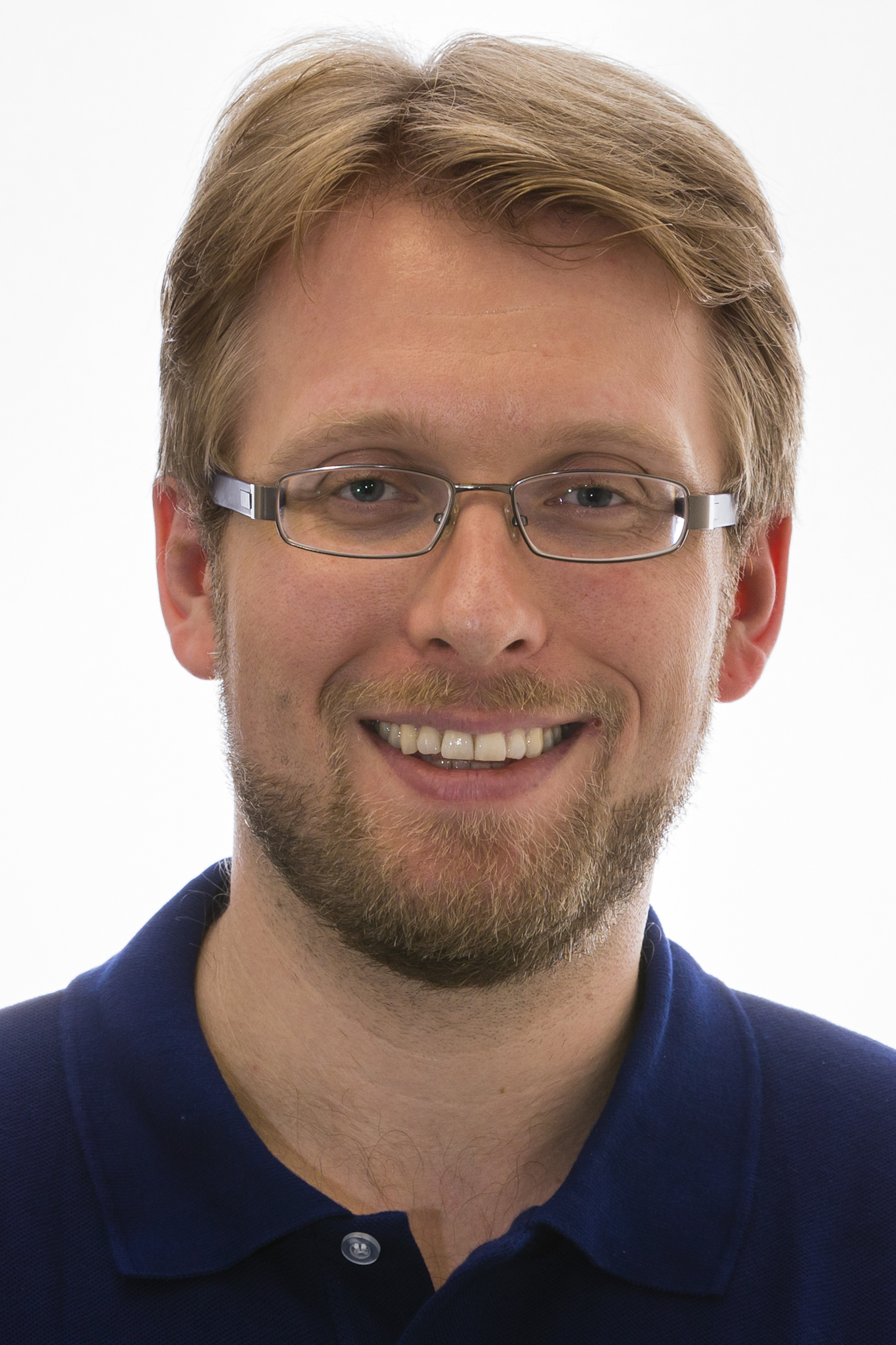
Associate Professor Jan Gruber is currently an Associate Professor at Yale-NUS. Before his appointment, he was a Senior Research Fellow in the Neurobiology and Ageing Programme at the Centre for Life Sciences (CeLS), National University of Singapore (NUS). From 1995 to 1998, Assoc Prof Gruber studied physics at the RWTH-Aachen University (Germany) before reading Part III of the Mathematical Tripos (MASt) at the University of Cambridge (UK). From 1999 to 2004, Assoc Prof Gruber was a graduate student in the Laboratory of Molecular Biophysics, Department of Biochemistry at Oxford University (UK). There, he worked on cell division cycle control, protein-protein interaction characterisation and rational drug design, first obtaining a MSc and later a PhD in molecular biophysics. During his PhD work, he also developed and implemented functionality for ccp4mg, a widely used molecular graphics package (freely available from: www.ccp4mg.ac.uk). ccp4mg enables macromolecular visualisation, scientific illustration and structure-based drug design.
Teaching and Residential Life
In addition to teaching and mentoring students in the laboratory, Assoc Prof Gruber has lectured at NUS since 2007 on free radical biology and medicine, evolutionary and molecular aspects of ageing and clinical biomarker analysis. He has also been involved in teaching students critical evaluation of primary literature. He regularly hosts attachment, visiting, outreach and international project students. In addition to teaching and training students of all levels and from diverse backgrounds, in ageing and general biochemical and laboratory techniques, Assoc Prof Gruber regularly supervises and co-supervises PhD, honours and interdisciplinary attachment students.
On Joining Yale-NUS College
Having worked in several highly inter-and cross disciplinary groups and projects, I am always struck by the power and insight that often comes from breaking through rigid subject boundaries and associated academic language barriers. I am excited to share with Yale-NUS students the joy of scientific discovery and research. I believe that, while specialised, domain-specific knowledge is no doubt important, teaching students to learn independently, especially to learn from experts in fields other than their own, may be one of the most important goals that higher education should strive for. I hope that Yale-NUS will be an environment that will equip students with the skills and tools to excel in this task and I am excited to be a part of it.

